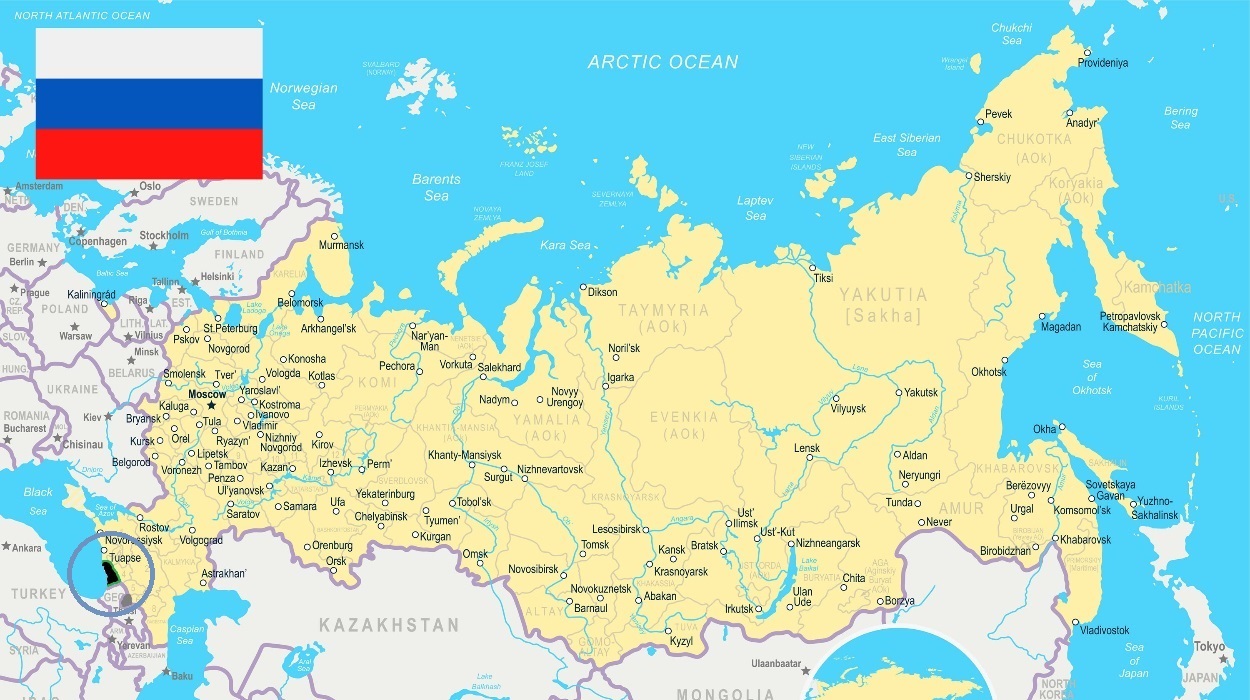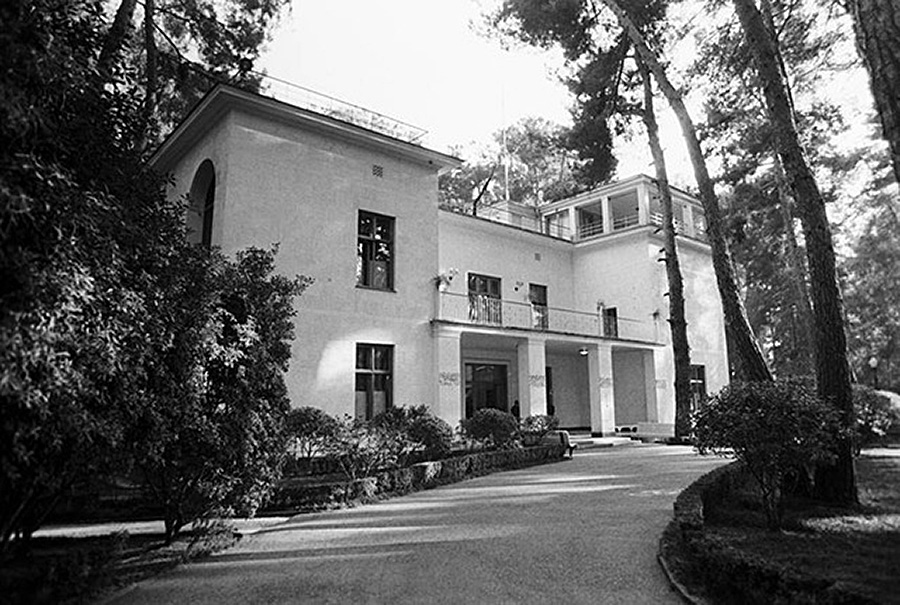Russian Politicians: Protests in Abkhazia "Fueled from the Outside"

Protesters gather outside Abkhazian Parliament opposing Pitsunda dacha agreement ratification.
SUKHUM / AQW'A ― Russian politicians claim that the protests in Abkhazia, stemming from the transfer of the Pitsunda state dacha to Russia, are being externally instigated.
Grigory Karasin, head of the Federation Council's Foreign Affairs Committee in Russia, informed RIA Novosti that the demonstrations in Abkhazia are "artificially incited from outside." He was commenting on the response of the Abkhaz public to the decision made by the Republic of Abkhazia's authorities.
"This dacha is an old, Stalin-era property. [...] An intergovernmental agreement was signed between Russia and Abkhazia. We don’t need to ratify it, but they do. [...] All the rest is the work of so-called friends who begin to create a stir, influenced by certain nearby countries with vested interests," Karasin stated.
Anastasia Udaltsova, a State Duma Deputy, expressed that technicalities in the Russia-Abkhazia interaction might be indicative of foreign interference. She emphasized the importance for citizens of both nations to "remain rational and not fall for any provocations, relying solely on verified official information."
"I am convinced that Abkhazia's state security agencies are effectively managing internal processes, and they can always turn to their Russian counterparts for assistance if needed," she remarked.
Konstantin Zatulin, First Deputy Chairman of the State Duma Committee on CIS Affairs, noted, "No one in Russia ever intended to transport Abkhaz land to Russian territory or detach a part of Abkhazia from itself."
"These were initially opportunistic, utterly false accusations that alarmed the public. The accusations were not directly related to Russian-Abkhaz relations but to the perpetual internal political struggle in Abkhazia, leading to premature departures of presidents under public pressure. After this issue became a sticking point for some, the ratification process was delayed, followed by negotiations. Several rounds of talks, as I understand, led to a consensus. This is not about Russia laying claim to Abkhaz territories, but about legally recognizing a known fact: the buildings and facilities of the state dacha in Pitsunda, built during Soviet times from the union budget and exclusively used by Russia. It's about finally incorporating this into Abkhaz legislation," he explained.

Abkhazia, covering 8,432 km², cedes a piece of land to Russia, which spans 17.1 million km.
+ Abkhazian Parliament Ratifies Transfer of Pitsunda State Dacha to Russia
+ Navigating Legal Complexities: An Analysis of the Pitsunda Agreement, by Said Gezerdaa
+ Ongoing Protests in Abkhazia Over Pitsunda State Dacha Agreement
Zatulin described the state dacha in Pitsunda as a regime facility and linked the protests in Abkhazia to the opposition's efforts to discredit the authorities and accuse them of anti-national activities.
"Abkhazia desperately needs Russia's support and, in my opinion, an eased border regime, especially during the tourist season. Abkhazia also needs the Sukhum airport to be operational again, and progress is being made. Work has begun on deconserving the Sukhum airport. However, those currently agitating the situation around the state dacha in Abkhazia with demagogic slogans have no interest in these developments. Their primary aim is to topple the government by any means necessary," Zatulin conveyed to "Gazeta.ru."
In light of these events, it's worth noting that Russian authorities have traditionally been wary of public protests, frequently attributing them to external influences. This perspective is consistent with a deep-seated viewpoint that street demonstrations are generally ineffective, a sentiment that has been echoed over the years in Russia's governance.

The Pitsunda state dacha complex was constructed between 1958 and 1961 by order of Nikita Khrushchev, the General Secretary of the CPSU Central Committee.
This territory is distinguished by its state dachas which served as rest places for the top Soviet Party officials of the CPSU Central Committee Administration. Despite the dissolution of the USSR and throughout the Georgian-Abkhazian conflict, these dachas remained under the control of the Russian Federation's Main Directorate of Security (now the Federal Protective Service). However, legally, by virtue of several legal acts of the Republic of Abkhazia, particularly the Decree of the Presidium of the Supreme Council of the Abkhazian ASSR No. 1725-XI dated September 27, 1991, titled "On Ensuring the Economic Basis of the Sovereignty of Abkhazia," all former USSR property in Abkhazia was nationalized.
On the early morning of December 27, in an extraordinary session, the Parliament of the Republic of Abkhazia ratified the Russian-Abkhaz agreement on transferring the Pitsunda state dacha to Russia, a decision already approved by Abkhaz leader Aslan Bzhania. Parts of the opposition and public figures have labelled the decision "shameful" and are calling for its revocation. Former Ombudsman Asida Shakryl deemed the decision illegitimate.